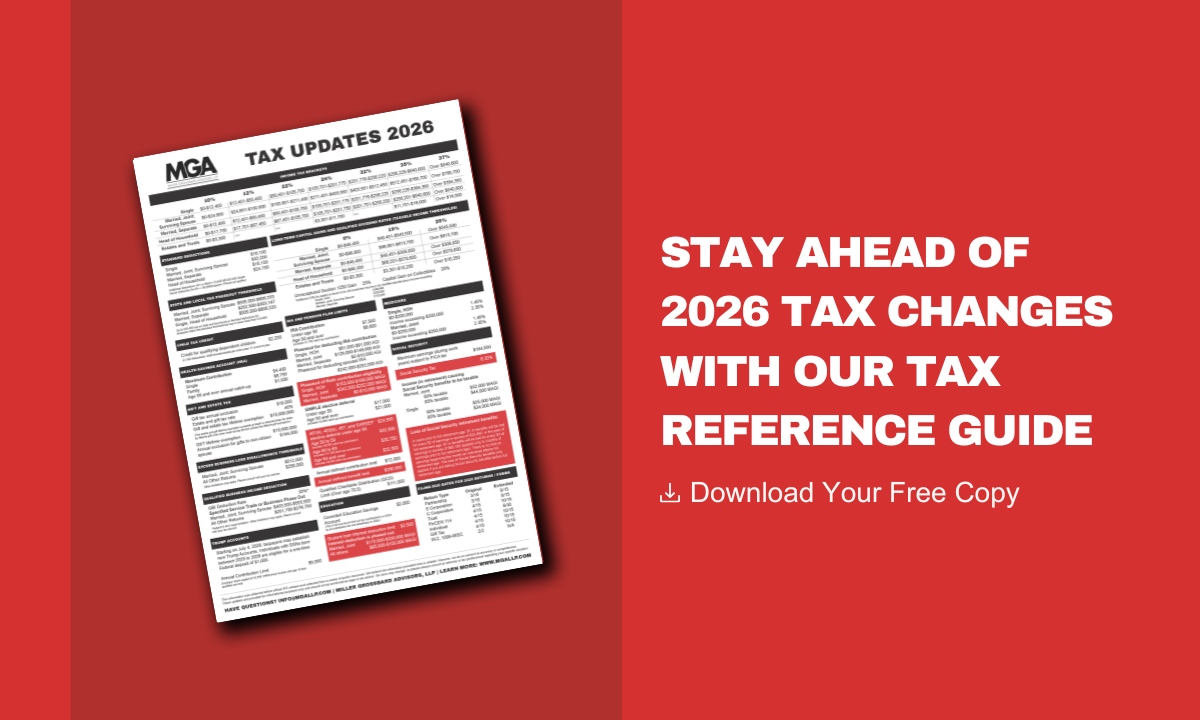Every year the IRS changes what they focus on, and their current interest is cracking down on cryptocurrency compliance and reporting. Congress is also interested in this hot topic, as many different proposals are out there surrounding it.
We want to make this very plain and clear: you are required to report gains and losses on each transaction or when you earn cryptocurrency, whether you receive a tax reporting form from a crypto exchange or not. If you purchase products or services using cryptocurrency, you would also need to report that for tax purposes as a sale of the currency.
We have more and more clients who are buying, selling, and investing in these markets, so we want to share some basic guidance on how to report cryptocurrency on your tax return.
How to Report Cryptocurrency on Your Tax Return
There are now questions on the Individual Income Tax Return (Form 1040) asking about cryptocurrency. In fact, it’s the first question on the return, directly underneath your name and address. It asks:
“At any time during 2020, did you receive, sell, send, exchange, or otherwise acquire any financial interest in any virtual currency?”
Cryptocurrency is hard to track because, unlike stocks and mutual funds, you don’t get a 1099 when you buy and sell funds. When you're buying and selling Tesla stock in your E*TRADE account, for example, they will send you a form to report your gains and losses at the end of the year. Coinbase and other cryptocurrency exchanges do not send such statements. However, services like Cointracker and other providers will link to your account and give you a record for your tax return to report your gains and losses. Please do your own due diligence when evaluating the various service providers out there that offer this solution and can help you stay compliant in this new landscape.
We previously wrote a blog post discussing how cryptocurrency losses are treated differently from stocks and mutual funds. Therefore, the so-called “wash sale” rule does not apply to them. Regulators may crack down on this “tax loophole” in the future, but it’s unlikely that any rules would become retroactive. If you missed the article, you can access it via the link below to read more.
We Are Here to Make the Complex, Changing Tax Rules Simple
If you have questions regarding crypto reporting on your tax return, please reach out to us! We like to help you make informed decisions and stay compliant, especially when something is new to the playing field, like cryptocurrency.
.png?width=191&name=mgalogofinal-01%20(3).png)





